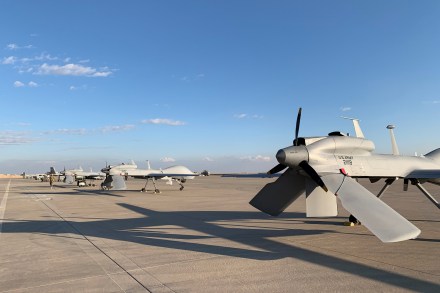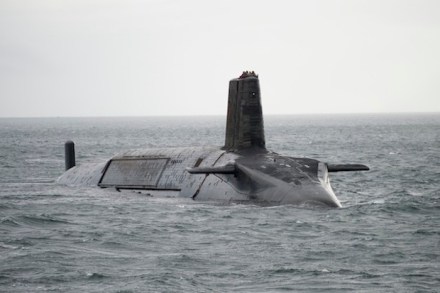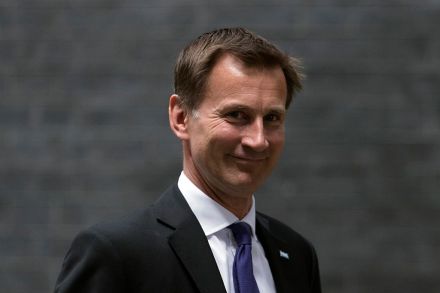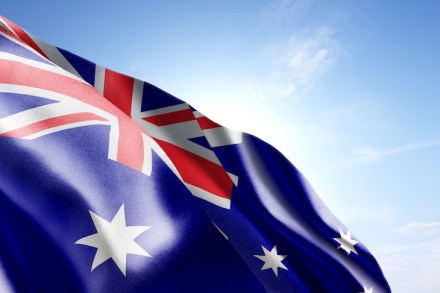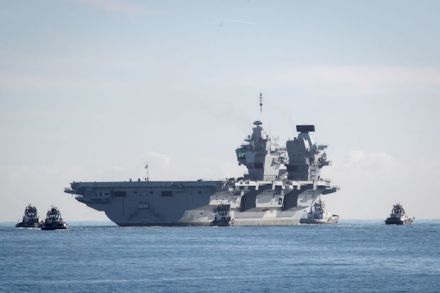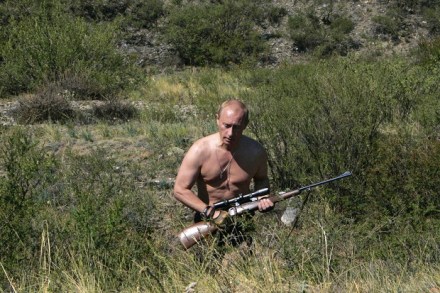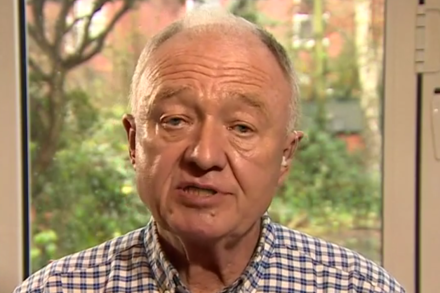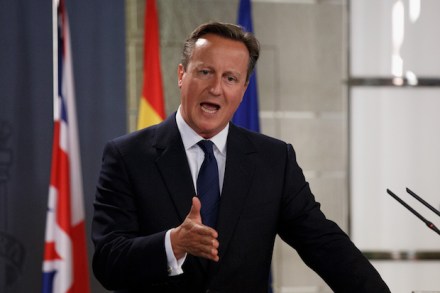The terrifying development of AI warfare
The Chauvet-Pont-d’Arc Cave in France contains some of the earliest known Palaeolithic cave paintings, including those of lions, bears, and hyenas. Thought to be the earliest expressions of human fear, it is hard for us to compute today how frightened man once was to live alongside creatures who viewed us as prey. This primal fear is buried deep within us. It explains our fascination with rare stories of humans being eaten by sharks, crocodiles and big cats. The fear isn’t just about our mortality, but the very thought of us as prey to an unfeeling predator, who doesn’t recognise us as individual thinking humans. In science fiction, this deep-rooted fear
